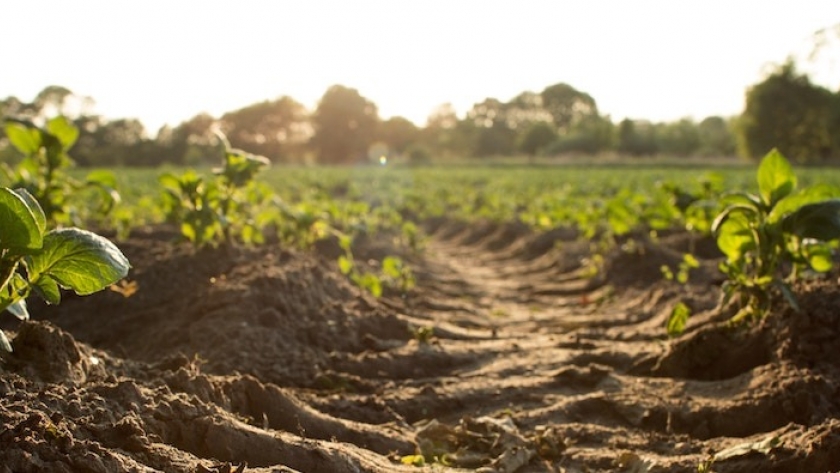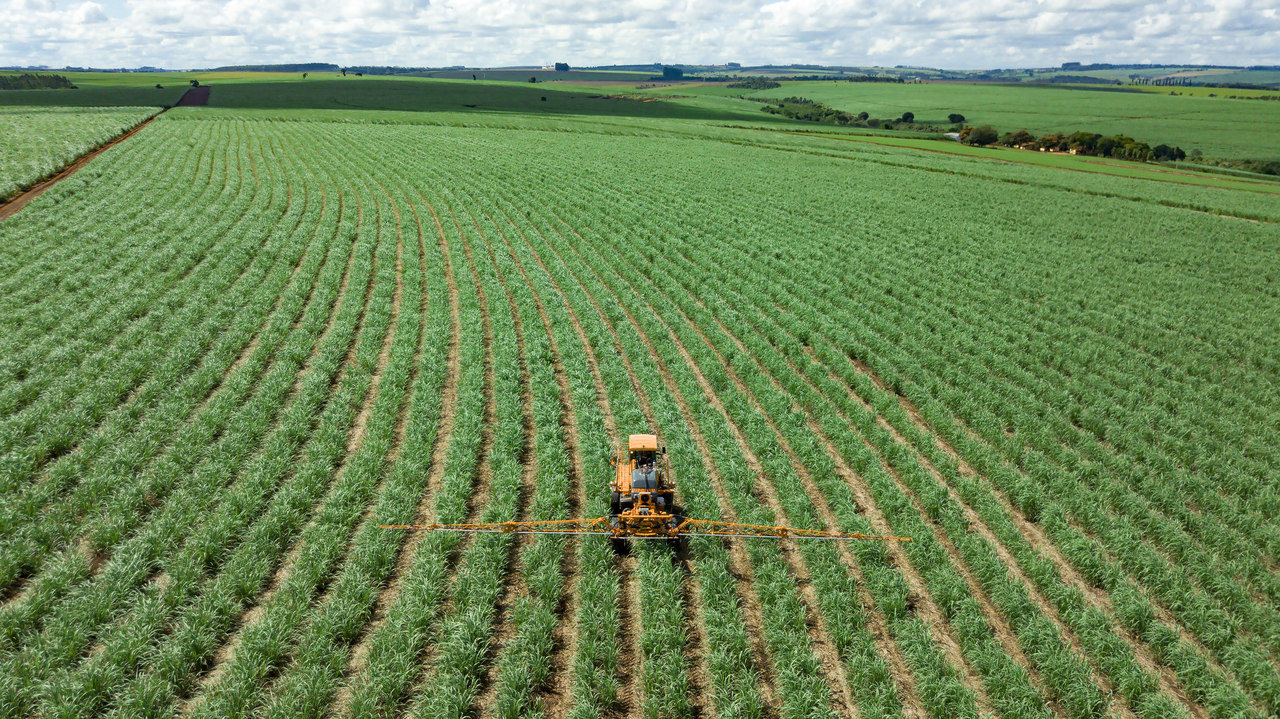
By Agroempresario.com
Growing concern about soil health has led many farmers to reconsider their practices to meet contemporary agricultural challenges. Soil degradation, coupled with the growing demand for more sustainable and efficient methods, has made soil restoration and improvement a global priority. Increasingly, farmers recognize that maintaining healthy soil not only improves yields, but also reduces reliance on chemical inputs and increases crop resilience to extreme weather conditions.
According to McKinsey's Global Farmer Insights 2024 report, more farmers are focusing on improving soil biology, which promotes more efficient nutrient cycling, improves crop resilience, and ensures greater long-term agricultural viability.

In this context, biofertilizers and biostimulants are gaining ground as key solutions to restore soil health. These products use natural organic and microbial compounds to improve soil fertility, increase nutrient availability and encourage plant growth. Syngenta notes that these products are increasingly being adopted as sustainable alternatives to traditional agrochemicals.
However, despite their benefits, the large-scale adoption of these solutions presents operational challenges. Many biofertilizers and biostimulants require special handling, storage under controlled conditions and precise applications, which complicates their implementation in large-scale agricultural operations. In addition, factors such as uneven application, clumping and incompatibility with other chemical inputs can generate doubts among farmers.
Faced with these obstacles, companies such as Chonex have developed innovative products that make biological solutions more accessible. One of the most prominent examples is StrongSoil®, a biofertilizer formulated as a water-dispersible granule, making it easy to transport and apply. “StrongSoil® is unique in its ability to improve both soil and plant functionality,” explained Dr. Pam Marrone, co-founder of Invasive Species Corp., in a statement taken from the article.
StrongSoil®’s ease of use and compatibility with fertilizers, herbicides and fungicides make it an attractive option for farmers looking to integrate sustainable practices without compromising operational efficiency. Over several years of field testing, StrongSoil® has demonstrated a success rate of over 80%, with yield increases of up to 15% in corn and 12% in soybeans, allowing farmers to reduce input costs and realize greater profits.
In addition to its effects on yields, StrongSoil® offers other benefits such as an 8% increase in soil organic matter, a 25% improvement in material biomass, a 10% reduction in irrigation needs and a 5% increase in carbon sequestration. These results contribute to sustainability and a reduction in the ecological footprint of agricultural operations.
In short, soil health is critical to a more productive and sustainable agricultural future. Biological solutions such as StrongSoil® are proving to be a key tool in achieving this goal, by offering tangible benefits both in terms of yield and environmental sustainability.

